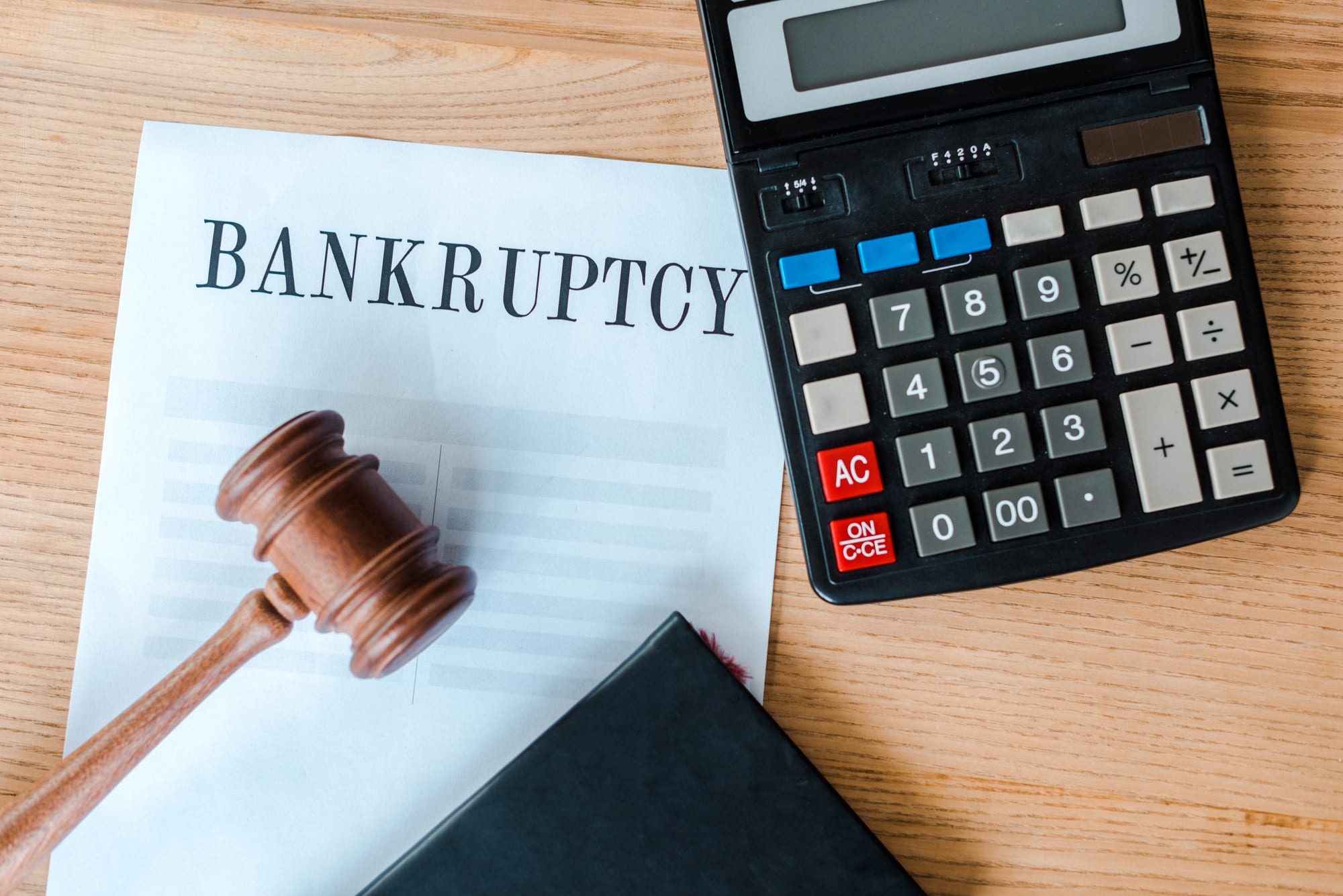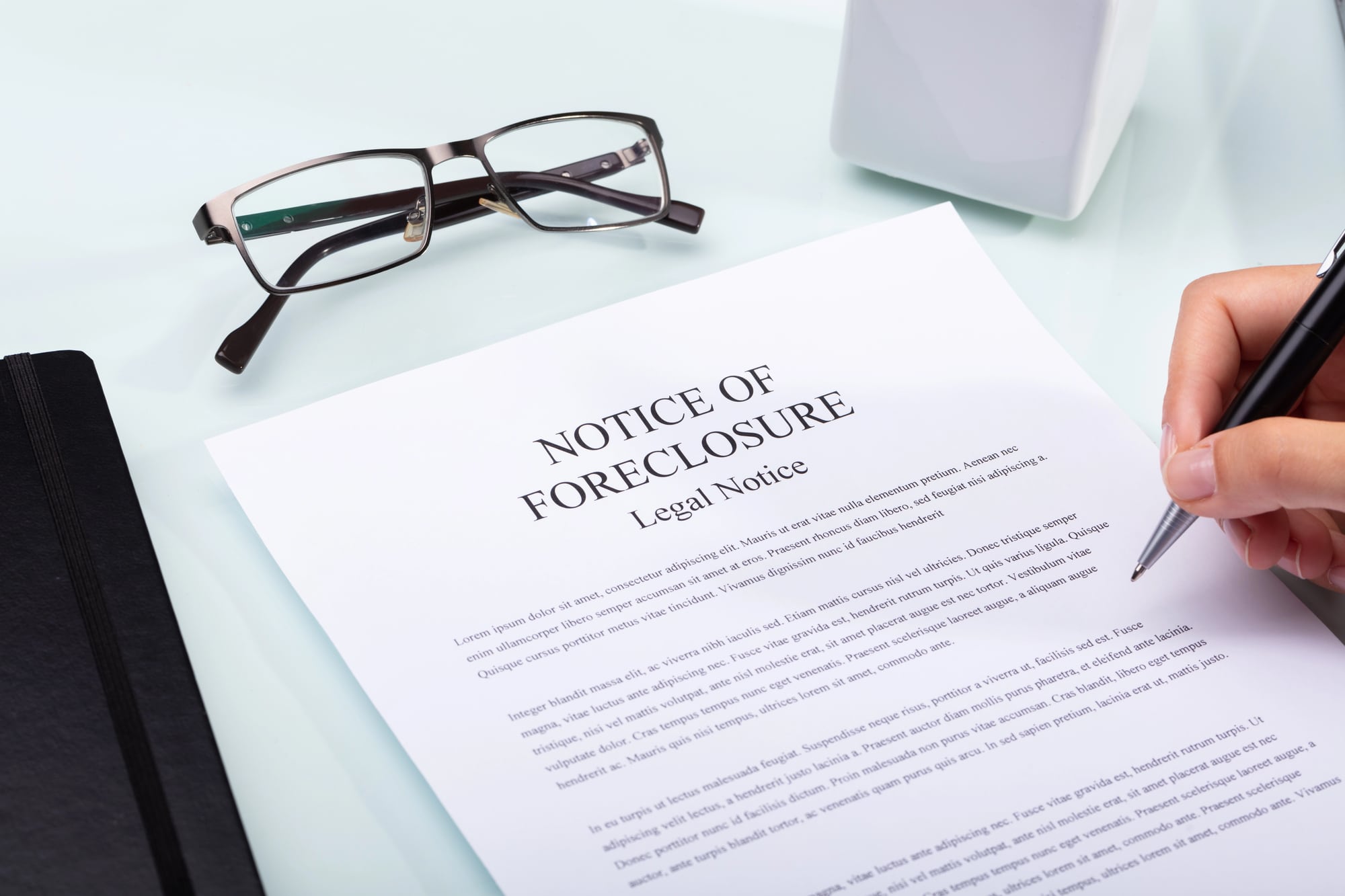Does someone have a judgment against you?
You cannot be sent to jail for failing to pay a debt or for having a judgment against you; however, a judgment can greatly affect your financial position. A judgment allows a creditor to garnish wages, garnish bank accounts, or take a lien against property in your name. A judgment lasts for twenty years in the state of Florida and can be renewed for an additional twenty years.
Are they seeking a wage garnishment?
Usually, the first way someone finds out about a wage garnishment is from their employer or payroll department. The creditor is required to give you notice of the proposed garnishment and the opportunity to claim an exemption from garnishment, but typically your employer receives notice first. If a creditor has a judgment against you, they can garnish your wages among other things, but you may qualify for an exemption.
Do you have an exemption from garnishment?
A person can be exempt from wage garnishment if they are head of household. In order to be head of household you must provide more than fifty percent of the support for a child or other dependent. A person does not need to be a legal dependent to count as a dependent for the purposes of an exemption. Certain types of income are also exempt from garnishment, this includes: social security benefits, workers compensation, disability benefits, veteran’s benefits.
In order to claim an exemption you must timely fill out the claim of exemption form, file it with the court and send a copy to the judgement creditor. The creditor has a certain amount of time to object to the exemption. If the creditor objects to the exemption you must have a hearing on the exemption where the person claiming the exemption must prove they are entitled to the exemption.
Did you know bankruptcy can provide you relief?
Many people now know that bankruptcy can help to stop a foreclosure sale, but are unaware of the other protections bankruptcy provides. Bankruptcy stops all collection efforts including stopping a wage garnishment. If you find you have a wage garnishment, you may want to consider filing bankruptcy to stop the garnishment and take care of the debt.


